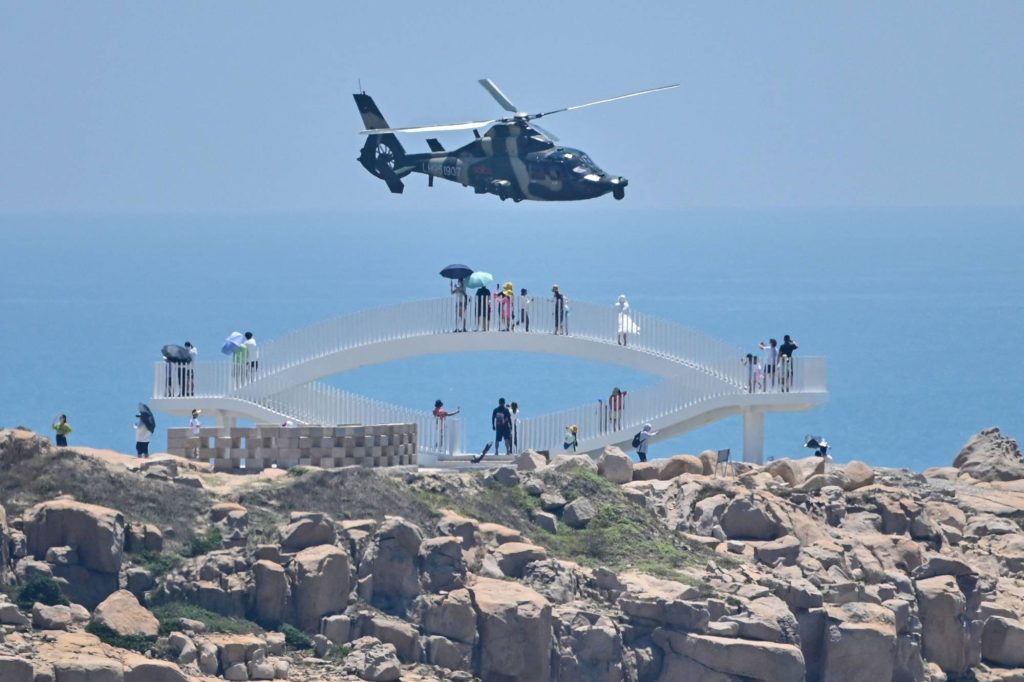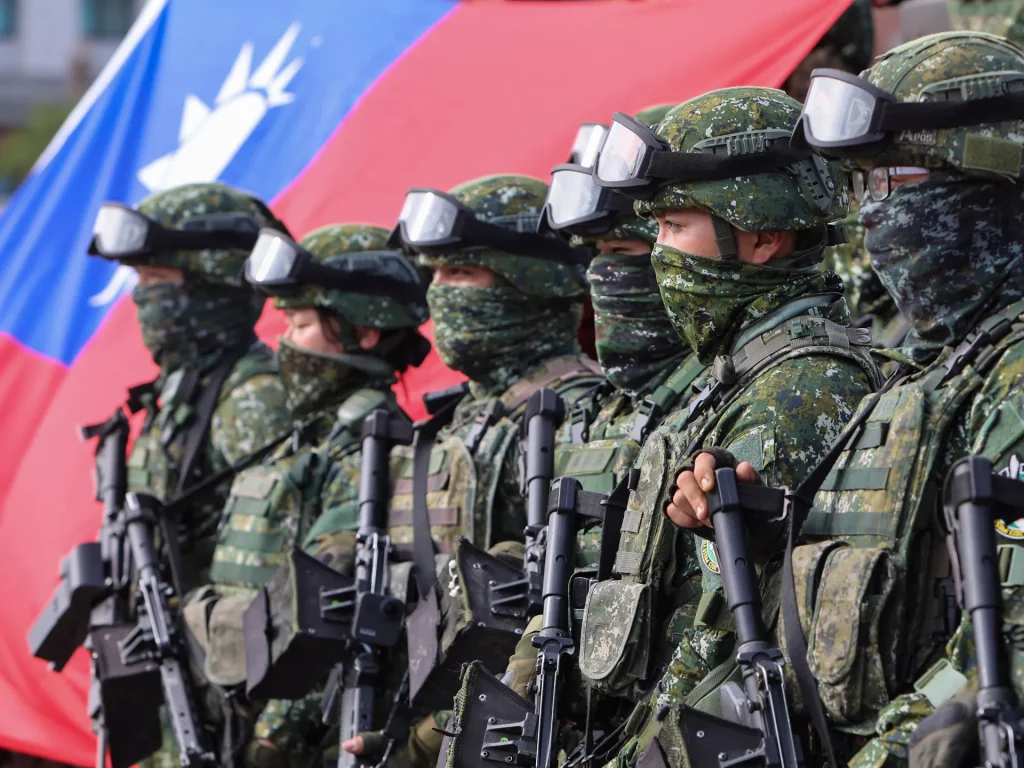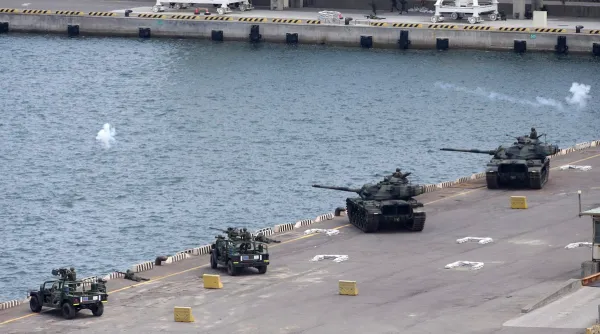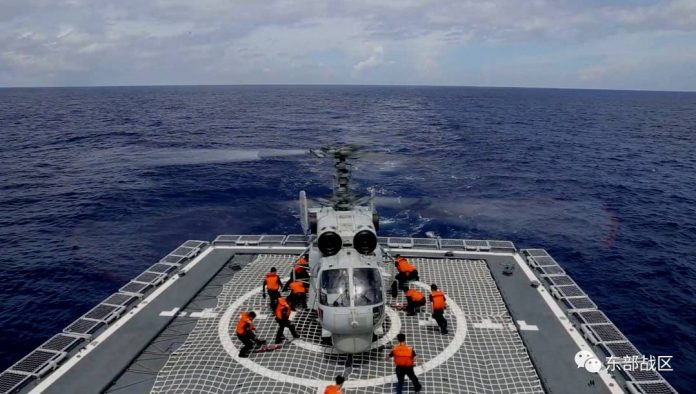As China flexes its military muscles with two days of drills around Taiwan, tensions escalate in the region. Amidst concerns over sovereignty and regional stability, the situation demands close attention.
China’s Eastern Theatre Command of the People’s Liberation Army has commenced two days of military exercises encircling Taiwan, raising apprehensions of heightened friction in the region. The drills, dubbed Joint Sword-2024A, come just days after Taiwan’s new president, William Lai Ching-te, took office, urging Beijing to cease its intimidation tactics and prioritize peace in the Taiwan Strait.
The exercises, involving the army, navy, air force, and rocket force, are a direct response to what China perceives as separatist movements by Taiwan’s government. Military spokesman Colonel Li Xi described the drills as a “strong punishment” for what Beijing sees as acts of ‘Taiwan independence’.
Taiwan’s Ministry of Defence has responded by placing its military on high alert, denouncing China’s actions as irrational and disruptive to regional peace. Analysts warn of potential further escalations as Beijing continues to express its displeasure with the new Taiwanese leadership.



President Lai has reiterated Taiwan’s sovereignty and democratic rights, calling on Beijing to refrain from aggression and work towards maintaining stability in the region. However, China remains steadfast in its stance, asserting its commitment to reunification and condemning any perceived challenges to its territorial integrity.
The situation underscores the delicate geopolitical balance in the Asia-Pacific region, with implications for global security and diplomatic relations. As tensions persist, diplomatic efforts and international mediation become increasingly crucial in averting potential conflict.
#ChinaMilitaryDrills #TaiwanTensions #RegionalStability #CrossStraitRelations #GlobalSecurity #Geopolitics #Diplomacy



